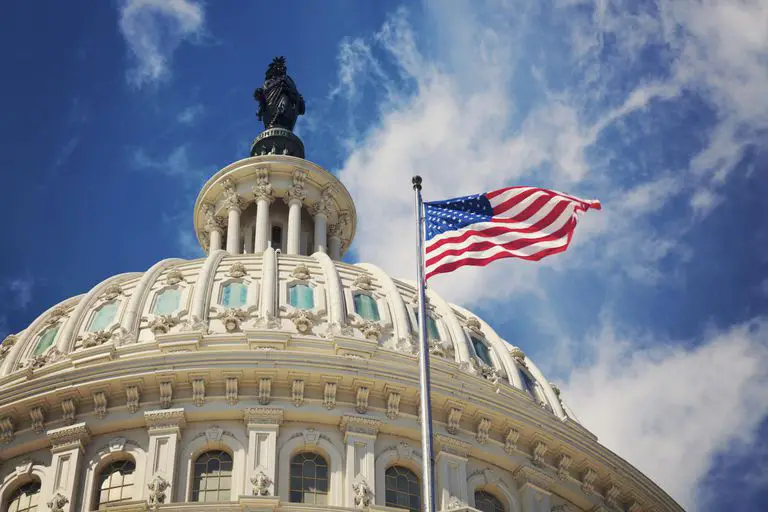On Tuesday, five Republicans introduced a bill to Congress to prohibit students from receiving student or research visas to the United States who are employed or sponsored by institutions linked with the Chinese military.
The legislation would require the Trump administration to develop a list of scientific and engineering institutions affiliated with the Chinese People’s Liberation Army (PLA) to ensure that U.S. universities are not sharing sensitive information with China’s military.
“Student and research visas ought to be reserved for those foreign nationals who want to contribute to our universities and research institutions, not for our foreign adversaries and spies that wish to do us harm,” Sen. Chuck Grassley (R-IA), one of the bill’s sponsors, said in a statement. “China has taken advantage of us for too long.”
The bill was co-sponsored by Republican senators Josh Hawley (R-MO), Tom Cotton (R-AR), Marsha Blackburn (R-TN), and Ted Cruz (R-TX).
The bill comes on the heels of a renewed trade war between the U.S. and China, after President Donald Trump increased tariffs on $200 billion worth of Chinese products from 10 percent to 25 percent on May 10, according to The Washington Post.
On Thursday, diplomatic relations between both the U.S. and China also hit a new low after President Trump signed an executive order declaring a national economic emergency, barring U.S. companies from using any gear made by Chinese telecommunications giant, Huawei, on suspicions of cyber spying, CNN reported.
Senator Hawley, one of the co-sponsors of the restrictive student visa bill alleged China of spying on U.S. higher educational institutions and stealing its technology.
“This bill will keep the Chinese military away from critical research on our college campuses and curb China’s economic espionage activities in the United States,” Hawley said.
“The Chinese People’s Liberation Army is being armed with help from American colleges and tech companies,” Sen. Cotton added. “Keeping PLA scientists out of our research laboratories is a basic act of self-defense.”
Earlier this year, the Senate’s Permanent Subcommittee on Investigations compiled a report on China-funded Confucius Institutes. The report found that the Chinese government has spent more than $150 million on the institutes over the last decade to limit criticism of its political policies in America.
The Institute, a non-profit public educational organization affiliated with the Ministry of Education of China, claims to promote Chinese language and culture.
China has opened more than 100 Confucius Institutes at various higher education institutes in the country, as well as marked its presence in many elementary, middle and high schools, according to the report.
The subcommittee’s probe lasted for eight months and found that the Chinese institutes threaten academic freedom by having access to the American educational system. Investigators also reported that many U.S. schools failed to properly report the contributions they received from the Chinese government to fund the Confucius Institutes.
Over the last six months, many higher education institutes across the country have severed ties with the Confucius Institutes, including Indiana University, the University of South Florida, University of Michigan, University of North Florida and Cornell University.
University of California, Davis Issues China Travel Advisory for Students



